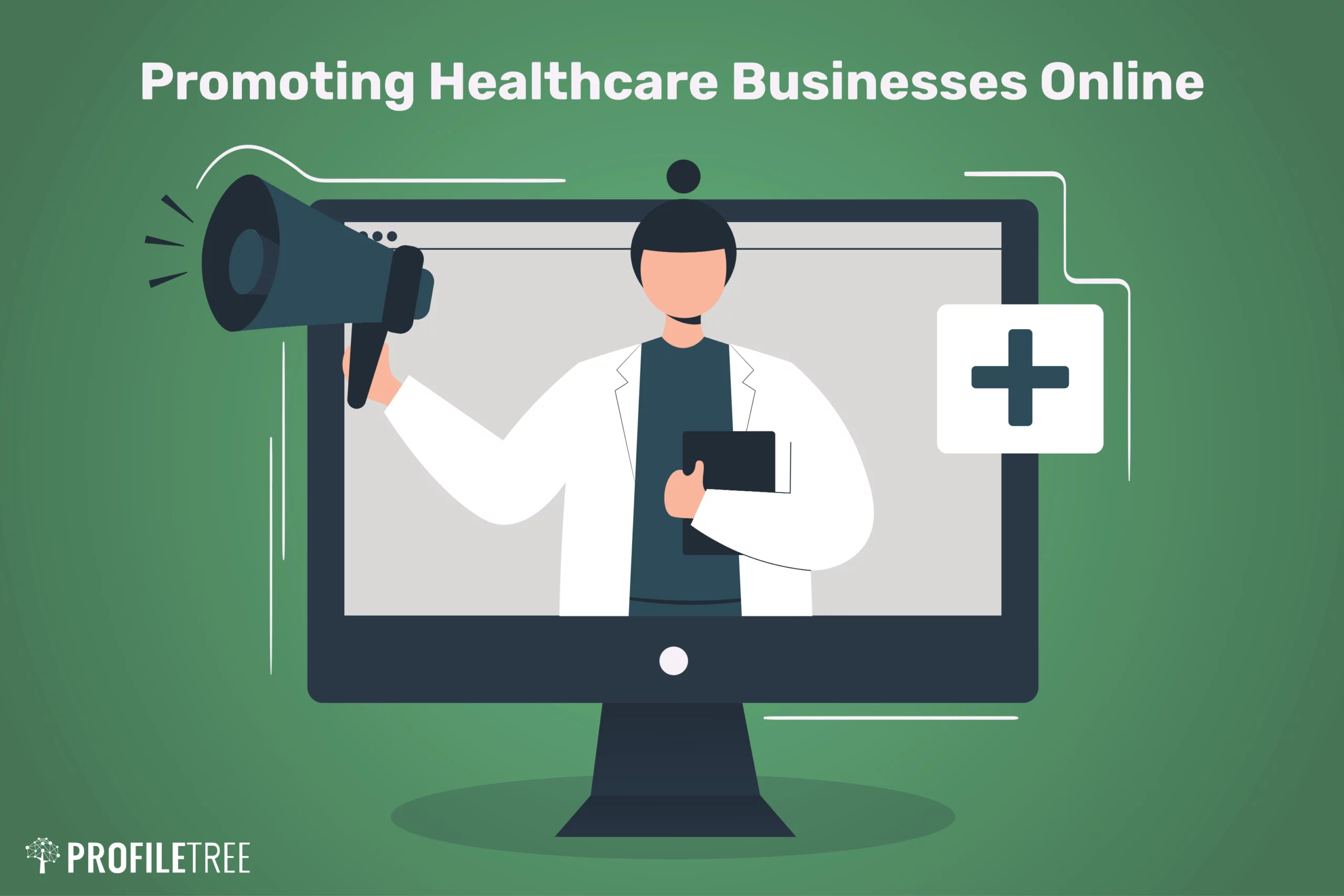A Comprehensive Guide to Subscription Based Healthcare: What You Required to Know
A Comprehensive Guide to Subscription Based Healthcare: What You Required to Know
Blog Article
Navigating the Future of Medicine With Subscription-Based Medical Care Solutions
As the medical care industry develops, subscription-based solutions emerge as a critical design guaranteeing to reshape individual treatment shipment. With the potential to provide streamlined, cost-effective options through foreseeable pricing and personalized interest, these services stand at the forefront of modern-day clinical advancement. As we consider their surge, one need to ponder the implications of incorporating such systems into existing medical care frameworks. What difficulties do they pose in regards to data safety and equitable gain access to, and just how might they redefine the patient-provider partnership? The answers to these concerns might fundamentally change our technique to health care.
Surge of Subscription Health Care
As health care systems around the globe face increasing stress from climbing costs and demand for services, the introduction of subscription-based health care models has actually arised as a transformative fad. This cutting-edge approach is interrupting typical health care shipment by supplying a predictable, flat-rate repayment framework for medical services. Rooted in the concepts of concierge medicine, subscription-based healthcare permits suppliers to concentrate on tailored patient care while simultaneously taking care of functional efficiencies.
The enhancing consumer demand for openness and predictability in medical care expenditures has actually driven the change towards this model. Subscription-based services frequently provide direct accessibility to healthcare professionals, which can decrease the management concerns linked with insurance coverage claims and reimbursements.
This model is gaining traction amongst diverse healthcare carriers, from health care doctors to specialized centers, by aligning financial incentives with continual and preventative care. By moving the emphasis from volume to value-based care, registration medical care has the prospective to reshape the landscape, fostering a much more lasting and patient-centered technique to health and wellness management.
Advantages for Clients

Additionally, subscription-based solutions frequently stress preventive care, urging routine examinations and health screenings. This aggressive approach can cause very early detection of wellness issues, potentially boosting end results and reducing lasting health care prices for patients. Additionally, such designs normally use transparent pricing, permitting patients to much better understand their health care costs and prevent unanticipated clinical bills.
The customized nature of subscription-based health care additionally boosts client experience. Individuals can receive customized healthcare plans that suit their specific requirements, cultivating a more patient-centric strategy. This personalization can cause enhanced client contentment and adherence to therapy plans. Membership services often integrate wellness programs, sustaining people in keeping overall health and wellness and wellness. Inevitably, these benefits collectively add to an extra effective, cost-efficient, and patient-friendly healthcare experience.
Technology's Function in Makeover

Artificial intelligence (AI) plays an important function in predictive analytics, helping in very early medical diagnosis and customized treatment strategies. AI algorithms evaluate large datasets to recognize patterns that could be overlooked by human monitoring, thus enhancing clinical site link decision-making. Digital health and wellness records (EHRs) enhance client information administration, guaranteeing continuity and comprehensibility of treatment across numerous solutions and suppliers.
Blockchain innovation boosts data security and personal privacy, important for maintaining person count on in electronic platforms. It enables clear and secure deals of clinical data, making certain that sensitive details stays protected. With the assimilation of maker learning and AI, blockchain can automate complicated healthcare processes, lowering management concerns.
Obstacles and Considerations
While innovation drives the capacities of subscription-based medical care solutions, it additionally presents a collection of obstacles and factors to consider that need to be dealt with to make certain successful implementation. One considerable difficulty is the fair access of these solutions.
Information personal privacy and safety stand for another vital factor to consider. Subscription-based solutions typically involve the collection and storage of huge quantities of personal health and wellness information. Companies should abide by strict data protection regulations to keep individual depend on and avoid unapproved gain access to, which this page could bring about substantial honest and legal repercussions.
Furthermore, the sustainability of registration designs positions a challenge. As medical care needs develop, maintaining a cost-effective equilibrium between subscription charges and service quality is crucial to stop patient frustration and attrition. Incorporating these services within typical health care systems calls for seamless interoperability in between platforms, which is usually a complex and resource-intensive undertaking. Attending to these challenges is crucial as subscription-based medical care services remain to increase and develop.
Future Ramifications for Medication
Subscription-based health care services are poised to dramatically affect the future landscape of medication by improving how care is accessed and provided. These models use the possible to equalize medical care accessibility, giving people with even more timely and individualized interventions. By leveraging innovation, such as telemedicine and data analytics, membership services can help with continuous monitoring and customized wellness monitoring, hence enhancing results and decreasing the concern on traditional medical care systems.
As these solutions gain grip, they can promote a shift in the direction of preventative treatment, emphasizing the importance of early detection and monitoring of chronic conditions. This aggressive method may eventually lower medical care prices by minimizing the requirement for expensive therapies occurring from late-stage disease monitoring. Membership models offer a scalable remedy to deal with differences in medical care access, particularly in underserved or country populaces.
Nonetheless, the transition in the direction of subscription-based models necessitates addressing ethical and governing considerations, including data personal privacy and fair gain access to. As the sector develops, collective initiatives between policymakers, innovation programmers, and healthcare service providers will certainly be crucial to establishing durable frameworks that protect individual passions while fostering development. Eventually, these solutions assure to contribute considerably to a much more reliable, patient-centered medical care ecosystem.

Verdict
Subscription-based medical care solutions represent a substantial development in the clinical area, providing foreseeable prices and personalized care that improve accessibility and prioritize preventative measures. Technological improvements, such as telemedicine and AI-driven analytics, promote tailored client experiences, boosting total health results. Difficulties such as information personal privacy and fair accessibility must be anonymous addressed to ensure the widespread advantages of these solutions. As the medical care landscape advances, subscription models are positioned to play an essential role in forming the future of medication.
As the medical care market develops, subscription-based services arise as an essential design assuring to reshape individual care delivery.As healthcare systems around the world face boosting pressures from rising prices and demand for solutions, the development of subscription-based healthcare models has actually emerged as a transformative fad (subscription based healthcare).With the increase of subscription-based healthcare versions improving typical health care delivery, people are beginning to experience significant advantages from this innovative strategy. As healthcare requires develop, maintaining a cost-efficient balance in between membership fees and solution quality is essential to avoid person discontentment and attrition.Subscription-based medical care solutions are positioned to substantially influence the future landscape of medicine by improving how treatment is accessed and supplied
Report this page